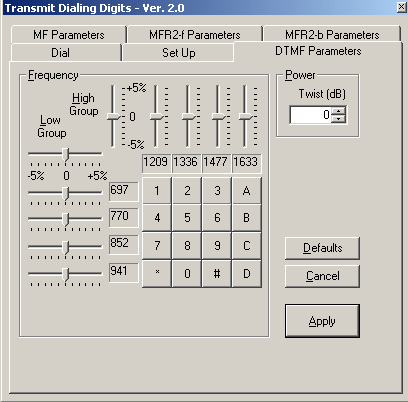


However, it also raised the issue of a potential risk associated with this technology: DTMF Bleed. In the updated guidance, the Council highlights DTMF masking as a viable method for descoping the contact center and its data from PCI DSS compliance. Late last year, the Payment Card Industry Security Standards Council (PCI SSC) unveiled its newly-revised Guidance for Protecting Telephone-based Payment Card Data.

In fact, some forms of DTMF masking can include technical risks that must be mitigated in order to ensure you’re adequately protecting card data and maintaining PCI DSS compliance. Contact center professionals may already be familiar with solutions like Dual-Tone Multi-Frequency (DTMF) masking to help protect telephone-based payments and meet compliance with these regulations, but what many do not realize is that not all DTMF masking implementations are fool-proof. Protecting payment card data and other sensitive information is not only essential to maintaining customer trust and protecting the business from fraudsters it is also required by a number of different legal regulations and industry standards – from the EU’s General Data Protection Regulation (GDPR) to the Payment Card Industry’s Data Security Standard (PCI DSS) and more. #contactcenterworld, matter what industry you operate in, if your call or contact center accepts payments over the phone, odds are that data security is one of your highest priorities.


 0 kommentar(er)
0 kommentar(er)
